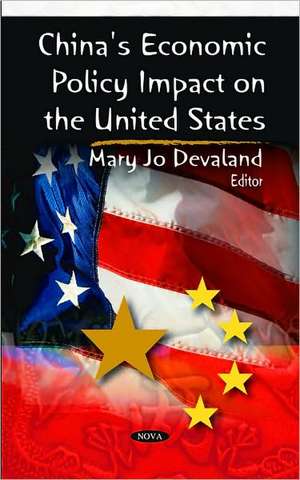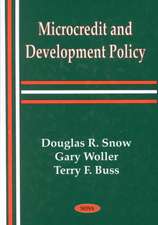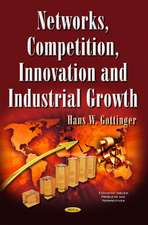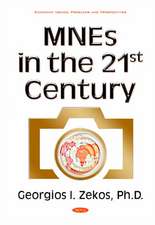China's Economic Policy Impact on the United States
Editat de Mary Jo Devalanden Limba Engleză Hardback – 26 apr 2010
Preț: 478.73 lei
Preț vechi: 651.46 lei
-27% Nou
Puncte Express: 718
Preț estimativ în valută:
91.62€ • 95.30$ • 75.63£
91.62€ • 95.30$ • 75.63£
Carte disponibilă
Livrare economică 24 martie-07 aprilie
Preluare comenzi: 021 569.72.76
Specificații
ISBN-13: 9781606921944
ISBN-10: 1606921940
Pagini: 251
Ilustrații: tables & charts
Dimensiuni: 159 x 230 x 20 mm
Greutate: 0.47 kg
Ediția:New.
Editura: Nova Science Publishers Inc
ISBN-10: 1606921940
Pagini: 251
Ilustrații: tables & charts
Dimensiuni: 159 x 230 x 20 mm
Greutate: 0.47 kg
Ediția:New.
Editura: Nova Science Publishers Inc
Cuprins
Preface; China's Growing Demand for Oil and Its Impact on U.S. Petroleum Markets; U.S.-China Trade: USTR's China Compliance Reports and Plans Could Be Improved; China's Trade with the United States and the World; China-U.S. Trade Issues; China's Economic Conditions; China's Currency: A Summary of the Economic Issues; Index.















